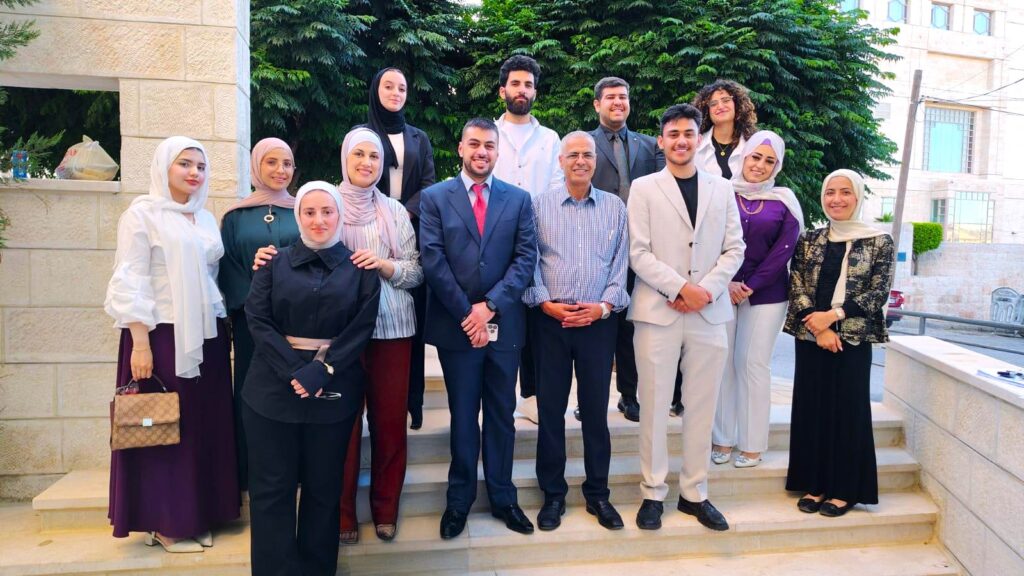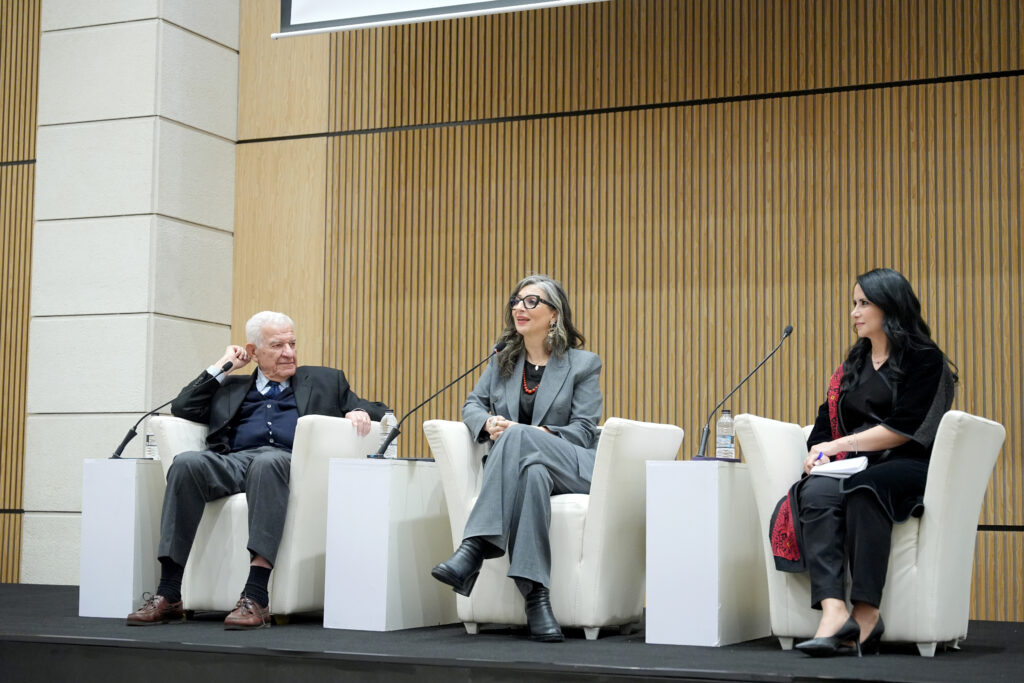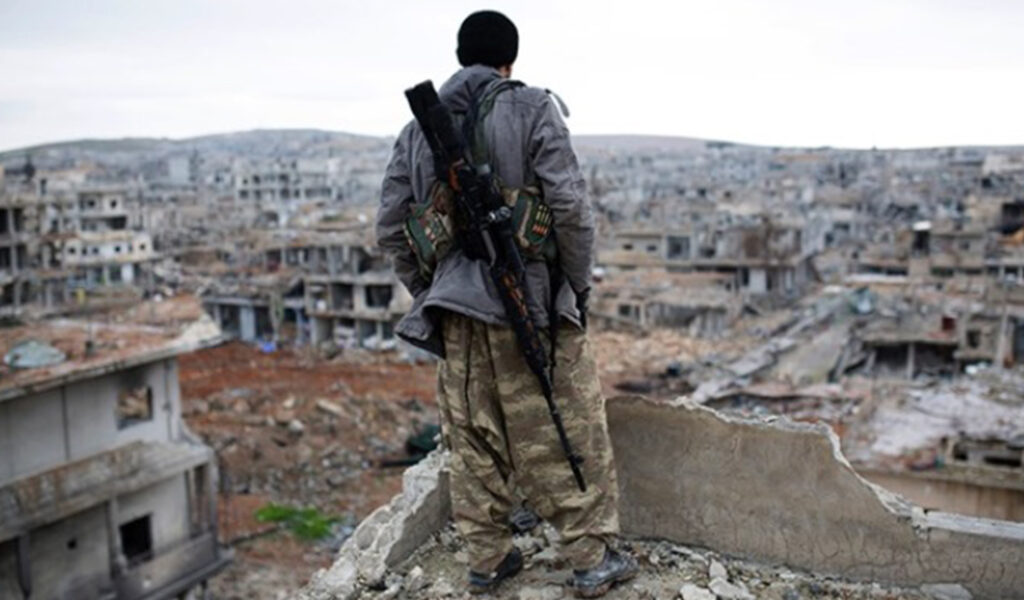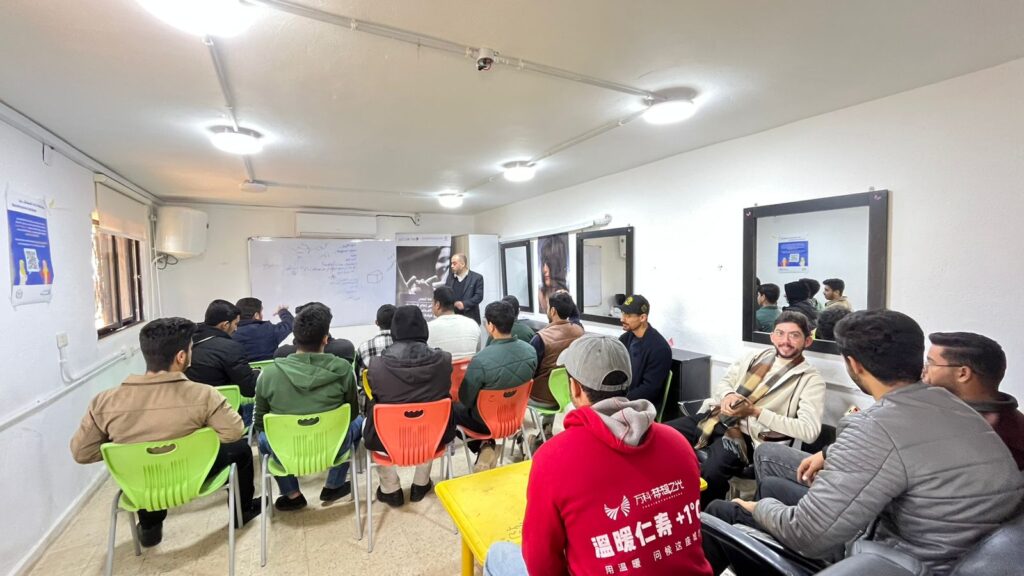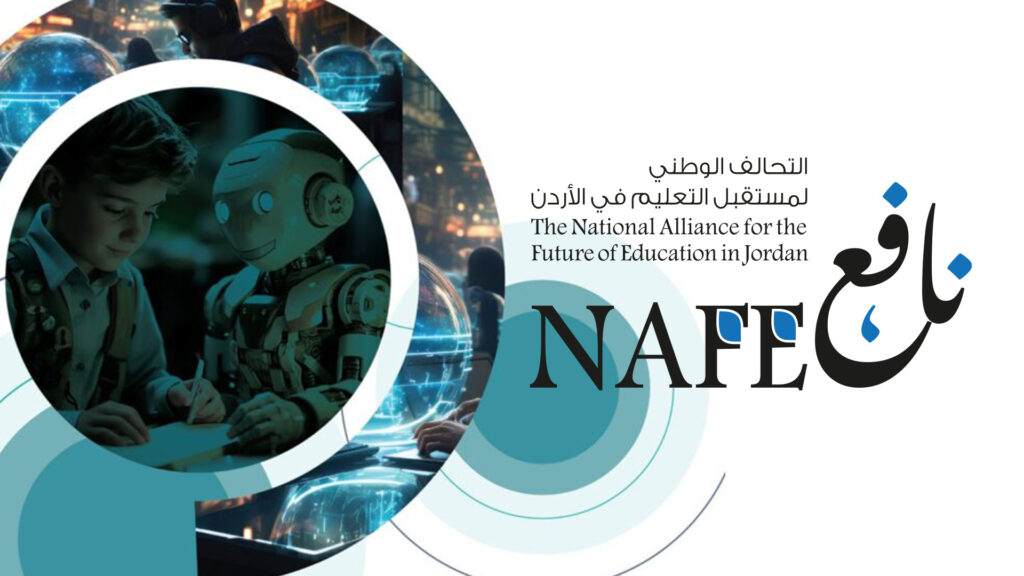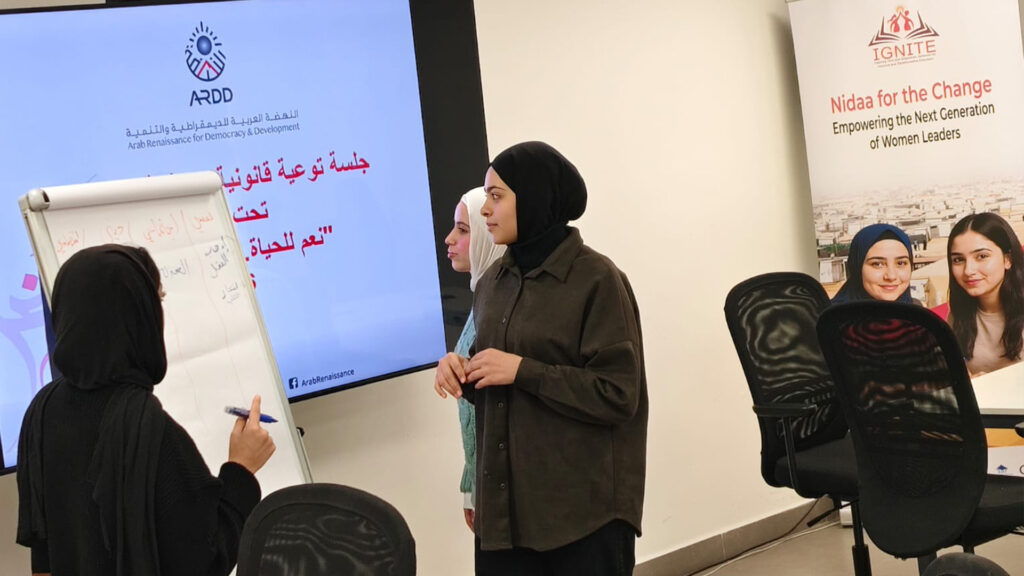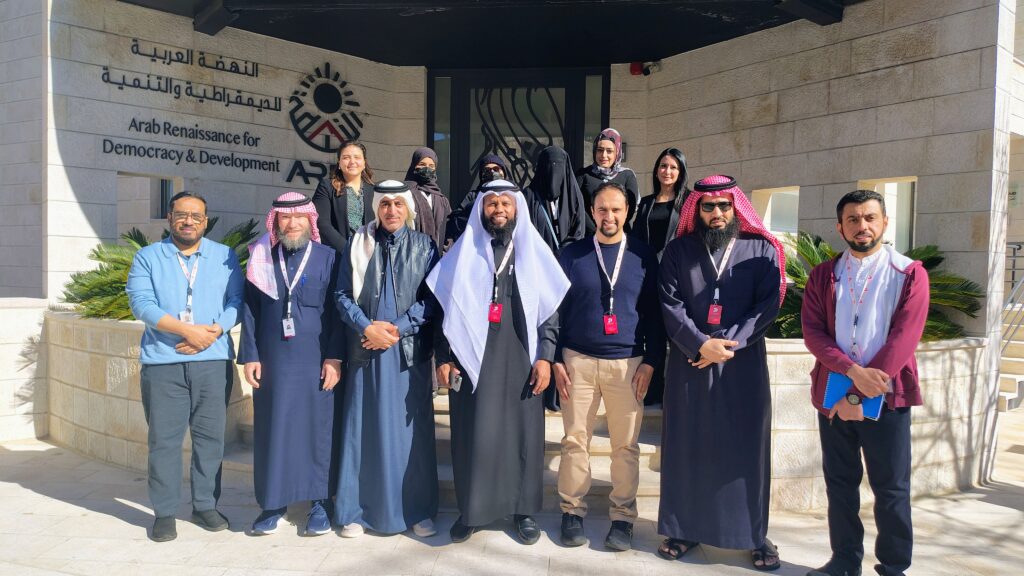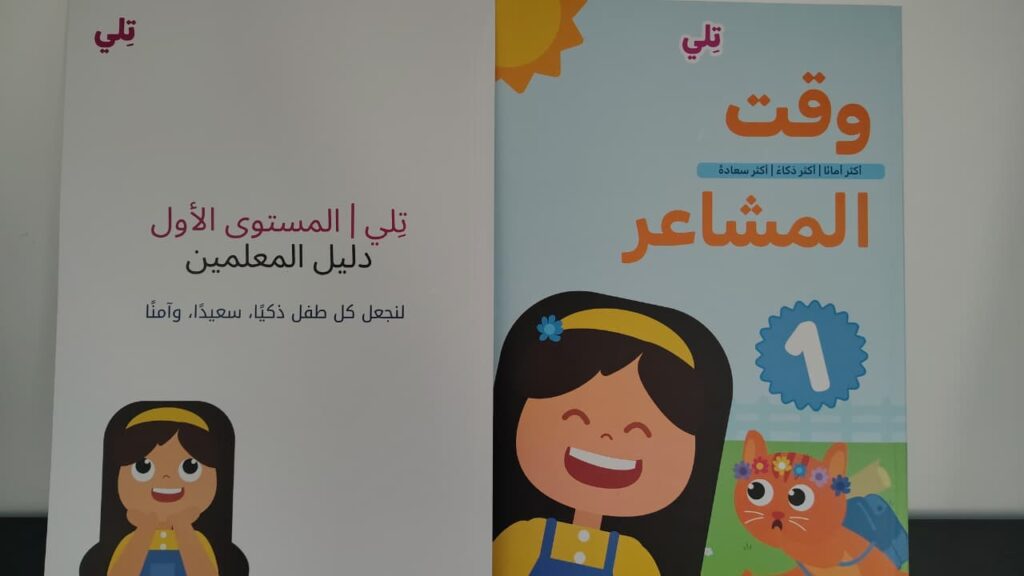Despite representing a significant portion of the population and a promising demographic force, it has recently become clear that young people are experiencing a “noticeable isolation” from collective action and decision-making processes. Their participation in civil and social initiatives tends to be individualistic, rather than organized and unified to create sustainable and lasting change.
Building on this observation, and to explore mechanisms for civic and political engagement that empower youth to become effective agents of change, the second session of the 2025 Civic and Political Participation Policy Lab was held under the title: “Empowering Jordanian Youth to Create Meaningful Change.” The session, organized by the Arab Renaissance for Democracy and Development (ARDD), took place on Tuesday, June 24, 2025, and featured Dr. Mohammad Jreibi’, Director of the Thuraya Center for Studies.
The Policy Lab, implemented by ARDD as part of the “GenG – New Generation” project, aims to promote civic and political participation among young women and men, equip them with practical experience to expand their future opportunities, introduce them to experts and specialized institutions, and help them amplify their voices to influence policy and engage effectively with decision-makers.
During his remarks, Dr. Jreibi’ emphasized that Jordanian society in particular, and Arab societies more broadly, are witnessing a notable shift toward prioritizing education, especially girls’ education. He noted that civil society organizations have opened new educational and professional horizons for young people. However, he highlighted that one of the most significant challenges remains the “individualistic mindset,” which limits the effectiveness of collective work and impedes organized social and political engagement by youth.
Dr. Jreibi’ also addressed key challenges facing young people in Jordan and the region, including high unemployment rates, poor quality of education, rising living costs, the growing feeling that their voices are not heard in public policies, and their weak representation in political parties.
The session also saw active engagement from young participants, who shared their perspectives on the need to enhance civic awareness among youth and connect it with opportunities for political participation. They emphasized the importance of establishing independent, effective youth organizations capable of driving change and developing the educational system to keep pace with societal transformations and labor market demands.
In conclusion, the youth presented numerous ideas and visions during the Policy Lab, stressing that change cannot be achieved without integrating individual and institutional efforts and adopting a participatory approach based on transparency, accountability, and innovation. They underscored that young people must not remain passive recipients of challenges but should become true partners in creating solutions and shaping a more stable and just future. They also highlighted the need to reconsider the role of political parties, activate mechanisms for greater youth involvement, harness modern media and technology to serve youth issues, encourage organized collective action, and ensure clear distribution of roles within youth initiatives.

